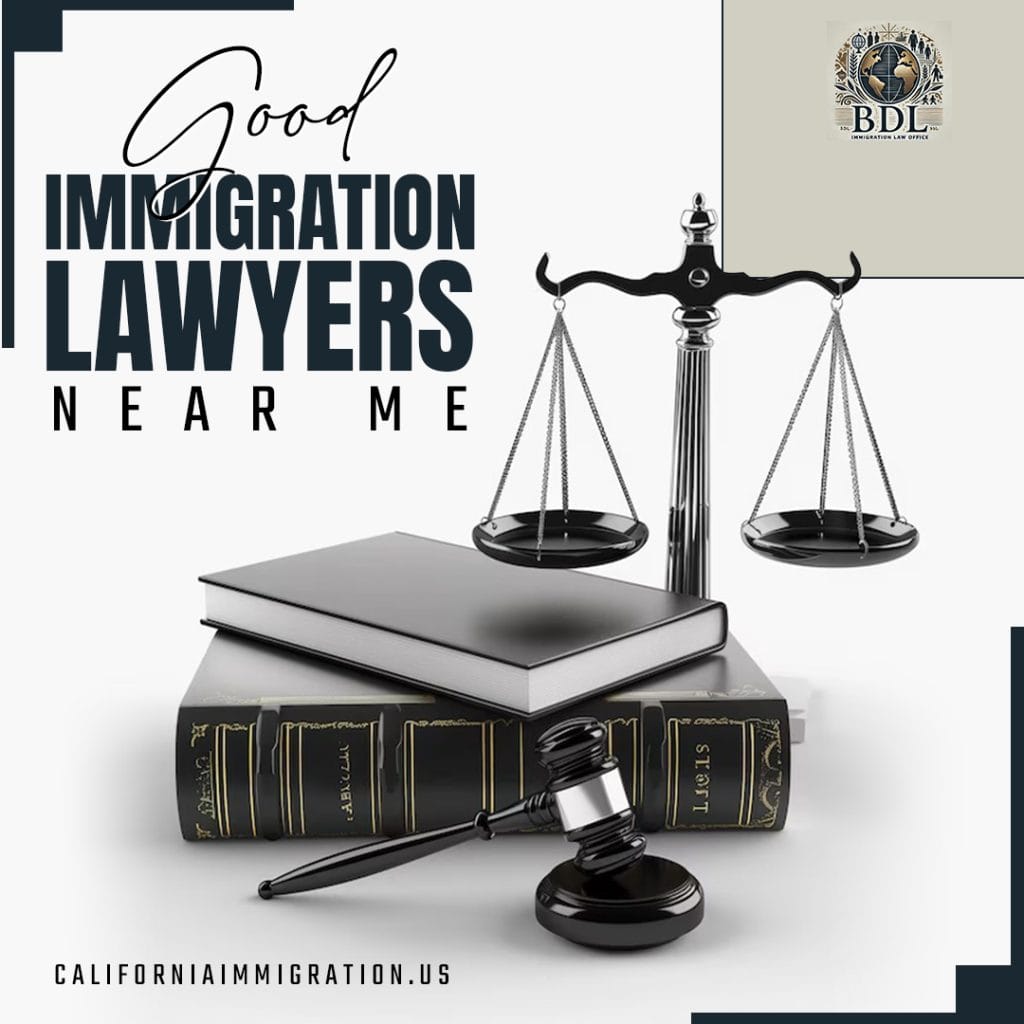
In the Supreme court of the United States
United States v. Hansen: Supreme Court Takes Up “Encourage or Induce” Immigration Statute—Why Lawyers Should Care
The Supreme Court agreed to review whether the federal crime of “encouraging or inducing” a noncitizen to come to, enter, or reside in the U.S. unlawfully (8 U.S.C. § 1324(a)(1)(A)(iv)) violates the First Amendment. The provision has long worried immigration attorneys, social-service providers, and advocates because ordinary counseling—e.g., explaining options to someone who may be out of status—could be misconstrued as criminal “encouragement.”
At issue is whether the statute criminalizes protected speech or, properly read, is limited to purposeful solicitation or facilitation of specific unlawful acts (classic unprotected conduct like aiding and abetting). The Court ultimately adopted the narrower reading, holding the law not facially overbroad and emphasizing that § 1324 targets intentional, knowing solicitation/facilitation—not general advice or advocacy. For practitioners, this interpretive limit is critical to avoiding a chilling effect on client counseling.
What this means in practice
- Protected legal counseling remains protected. Routine advice about defenses, deadlines, voluntary departure risks, or asylum eligibility is not criminalized absent purposeful solicitation of illegal conduct.
- Mens rea matters. Prosecutors must show knowledge or reckless disregard that the client’s entry or residence is unlawful and that the speaker purposely solicited/facilitated that violation.
- Case facts still control. Schemes that sell fraudulent paths to status (e.g., “adult adoption for citizenship”) remain prosecutable.
Risk-management tips for lawyers and advocates
- Document intent: Engagement letters should clarify that counsel provides lawful options, not advice to violate the law.
- Train staff and volunteers: Social workers, clinic interns, and hotlines should use scripts focused on legal, humanitarian, or compliance pathways.
- Escalate gray areas: If advice touches potential unlawful conduct, provide warnings, memorialize the advice in writing, and consider limited-scope representation.
Bottom line: Hansen narrows § 1324’s reach, but purposeful solicitation/facilitation remains criminal. Clear documentation, precise language, and ethics training protect clients—and you.

